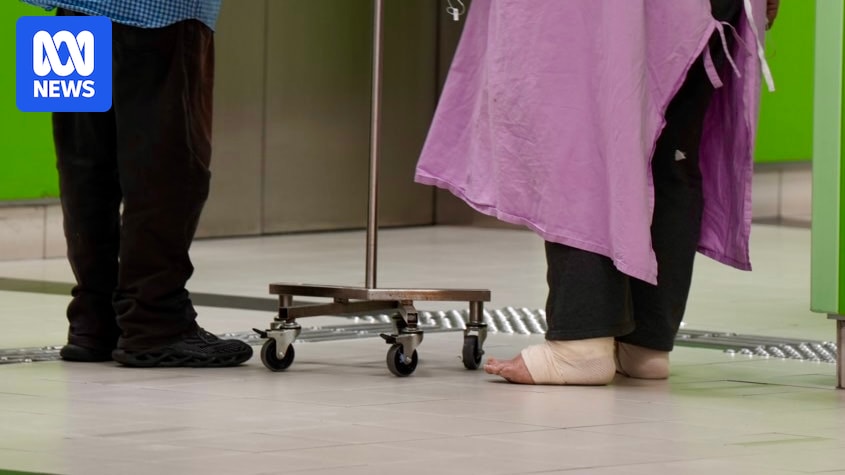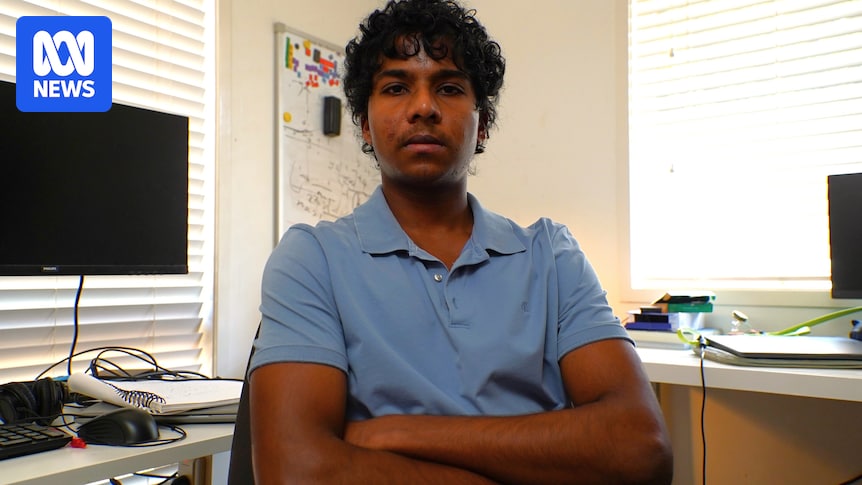
Despite official reports suggesting a typical respiratory illness season, Queensland’s hospitals are experiencing overwhelming numbers of flu patients. Experts attribute this surge to the prevalent virus strains, the widespread use of home testing kits, and increasing vaccine scepticism.
Recent data reveals that 64,424 flu cases have been reported in Queensland this year, an eight percent decrease from the same period last year. However, the state has seen 6,002 hospital admissions due to flu-related illnesses, and 135 deaths have been recorded so far.
Current Respiratory Virus Landscape
While Respiratory Syncytial Virus (RSV) cases remain average, COVID-19 infections are significantly lower than in the past two years. As of August 24, 400 individuals were hospitalized with either flu, RSV, or COVID-19.
Dr. Andrew Redmond, Director of Infectious Diseases at the Royal Brisbane and Women’s Hospital, noted that influenza A is the dominant strain this season. He explained, “It’s probably three infections with flu A for every one of flu B,” adding that flu A typically results in more severe illness.
“Flu A is often a little bit worse than flu B in general, and it has a slightly different response to antiviral treatments that we have.”
Vaccine Efficacy and Public Perception
The flu season has also raised questions about vaccine efficacy. Dr. Redmond highlighted the challenges posed by changes in prevalent flu strains, which can affect vaccine effectiveness. “They do this every year by looking at what’s circulating in the northern hemisphere and what’s been in last year’s vaccine and the year before,” he said. “We don’t really know until the end of the season how good the matching has been.”
Despite potential mismatches, Dr. Redmond emphasized that vaccines still offer protection, even if their potency is affected. However, public confidence in vaccines is waning, partly due to misinformation and conspiracy theories proliferated through social media.
Data shows 82 percent of Queenslanders admitted to hospital with the flu this year were not vaccinated.
The Role of Misinformation
Dr. Lemi Baruh from the University of Queensland has been researching the impact of conspiracy theories on vaccine uptake. “In all the studies we did, belief in misinformation about vaccines or any kind of health misinformation significantly impacts taking protective action,” he stated.
His research indicates that social media is a major driver of misinformation, with global implications. “A misleading video or a conspiracy theory that gains traction in Ohio, for example, can easily spread here through both private messaging groups and other parts of social media,” Dr. Baruh explained.
Looking Ahead
Despite these challenges, Queensland’s Chief Health Officer Catherine McDougall remains optimistic. “It’s great more people are taking action … with another [10,000] Queenslanders getting vaccinated in the past week,” she said.
Dr. McDougall cautioned that although flu case rates have decreased, the state is still in the peak of flu season. “While flu case rates have eased, we remain in peak flu season,” she noted, urging continued vigilance.
The situation underscores the need for ongoing public health efforts to combat misinformation and encourage vaccination, as Queensland navigates its current flu season challenges.







